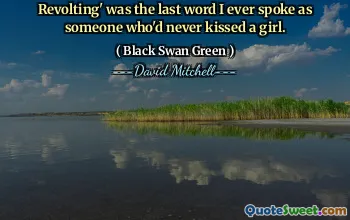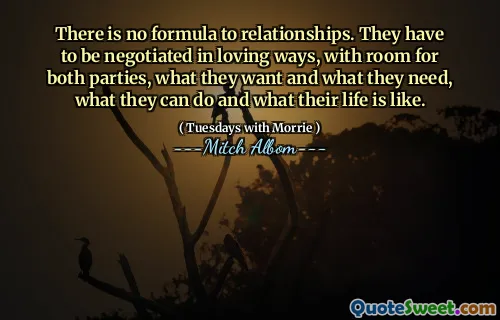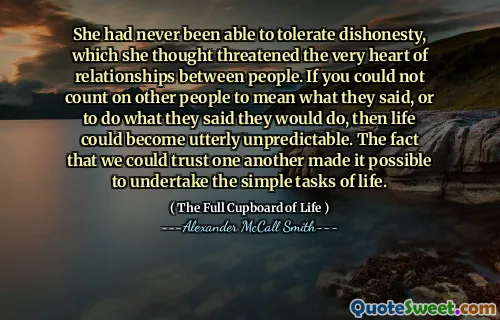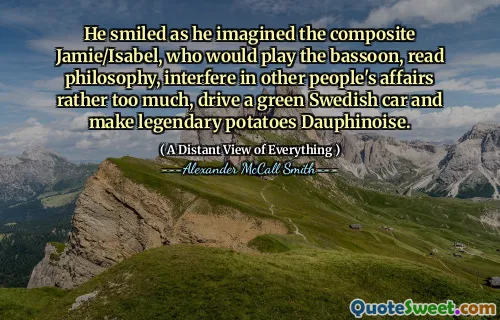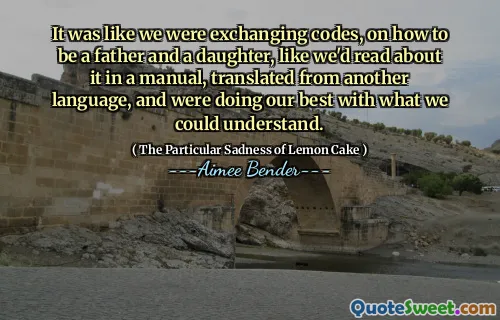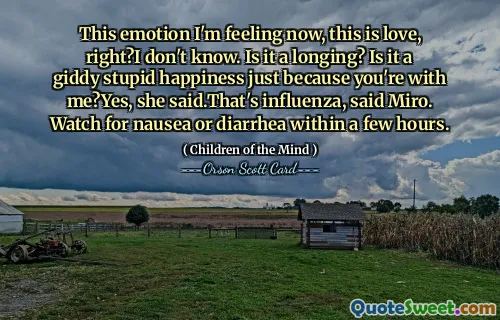
An explanation that was simply in the best traditions of female logic: I don't know why, but I want it, so you need to give me that expensive thing.
This quote humorously highlights a common perception about certain communication styles, especially in humorous or satirical contexts. It suggests that some expressions of desire are rooted not in rational explanation but in an emotional or instinctive response. The phrase 'female logic' is often used tongue-in-cheek to imply that women (or people in general) may prioritize feelings and desires over analytical reasoning, especially when asking for something they want. While it is a stereotype, the underlying truth touches on the human tendency to sometimes prioritize emotion over logic when communicating, especially in intimate or social scenarios. In practical terms, the quote underscores how motives can be sometimes opaque or driven purely by desire—an acknowledgment that not all requests or wishes are justified logically, but are instead rooted in personal inclinations.
From a psychological and social perspective, this quote reflects real dynamics in relationships and human interactions. The phrase anchors a scenario where emotional appeals or instinctive desires override rational explanations, emphasizing the often humorous, frustrating, or endearing aspects of human communication. Recognizing these patterns helps in understanding how negotiations or requests play out in everyday life and highlights the importance of empathy in interactions. Humor becomes a useful tool here, revealing a shared understanding that sometimes, human needs and wants transcend logical reasoning, and that this is a natural, relatable trait. The quote also prompts reflection on societal stereotypes and stereotypes in communication styles, encouraging us to view such expressions with humor and empathy rather than judgment. In literature and media, such stereotypes are often used to create comic effects or to explore human behavior more broadly.
Overall, the quote acts as a lighthearted observation about human nature, emphasizing that desires, especially those wrapped in emotional or humorous expressions, are often less about logic and more about underlying needs and feelings. It reminds us to approach others' requests with understanding, recognizing that desire and emotion frequently drive human actions more than rational thought.

